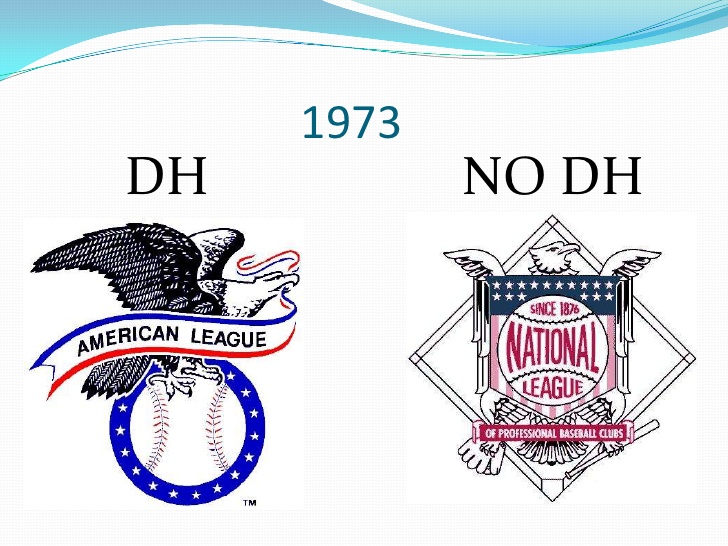In Iowa on the democratic side the caucus is a caucus. Participants gather and listen to people give brief talks on behalf of the various candidates and then huddle in corners for their respective candidates. The goal is to elect delegates to a county caucus as the first step in the process of selecting national convention delegates, a process that won't be completed for several months. All indications are that the number of people attending the caucus will be pretty evenly split between Sanders and Clinton with almost nobody caucusing for former Governor O'Malley. This is critical as to have a viable group to elect a delegate(s) to the county convention you must have at least 15% of the attendees of your precinct in your group. As O'Malley is polling at less than 5% he will have very few precincts where his supporters make a group above the threshold. In a close race it could be determinant as to where his supporters go ... Of course there is the option of going home or being in a larger uncommitted group. But there are always rumors of deals among the campaigns ... Say like if you support Sanders to help him win the precinct his supporters will elect your folks to the county convention.
The fascinating question is always which set of numbers will the press use to create the narrative? Is it caucus goers when they huddle or the results of delegate elections? Here are figures from The New York Times in 2008 where the results were results as state convention equivalents. This style of reporting basically eliminates less popular candidates. (The candidates not Obama, Edwards or Clinton split 3.1%.)
On the Republican side the caucus has an additional step. When caucus goers arrive they participate in a straw poll which allows them to indicate their first choice preference.In the same Times link they were indicated for the Republicans. Note for example, eventual nominee John McCain came in fourth with 13.1%. If the results were reported based on state delegate equivalents elected (like in the Democratic race) then McCain would have faired worse as he might have not been viable in half the locations. Would that weak of a showing enabled McCain to win the New Hampshire primary shortly thereafter?
These rules have an impact on tactics, spin and reporting. In the end one must remember that the Iowa event is not an election it is by design a gathering of the hard core party faithful, a party possibly crashed by newly enthusiastic "outsiders". The final Des Moines Register poll is out and the trend continues as described above. Trump leading Cruz for the R's and Clinton with a slight lead over Sanders for the D's.
On the Republican side the caucus has an additional step. When caucus goers arrive they participate in a straw poll which allows them to indicate their first choice preference.In the same Times link they were indicated for the Republicans. Note for example, eventual nominee John McCain came in fourth with 13.1%. If the results were reported based on state delegate equivalents elected (like in the Democratic race) then McCain would have faired worse as he might have not been viable in half the locations. Would that weak of a showing enabled McCain to win the New Hampshire primary shortly thereafter?
These rules have an impact on tactics, spin and reporting. In the end one must remember that the Iowa event is not an election it is by design a gathering of the hard core party faithful, a party possibly crashed by newly enthusiastic "outsiders". The final Des Moines Register poll is out and the trend continues as described above. Trump leading Cruz for the R's and Clinton with a slight lead over Sanders for the D's.

